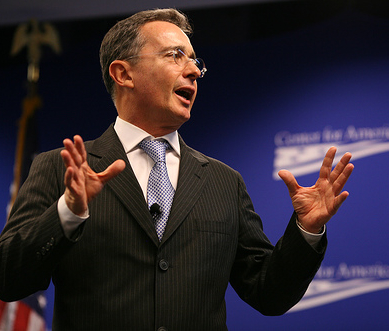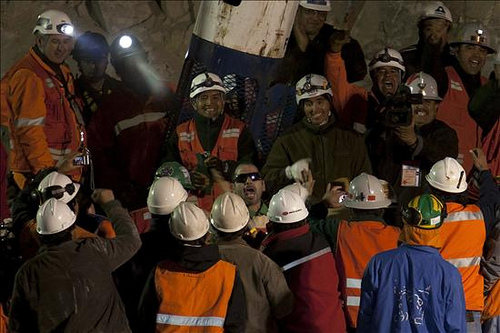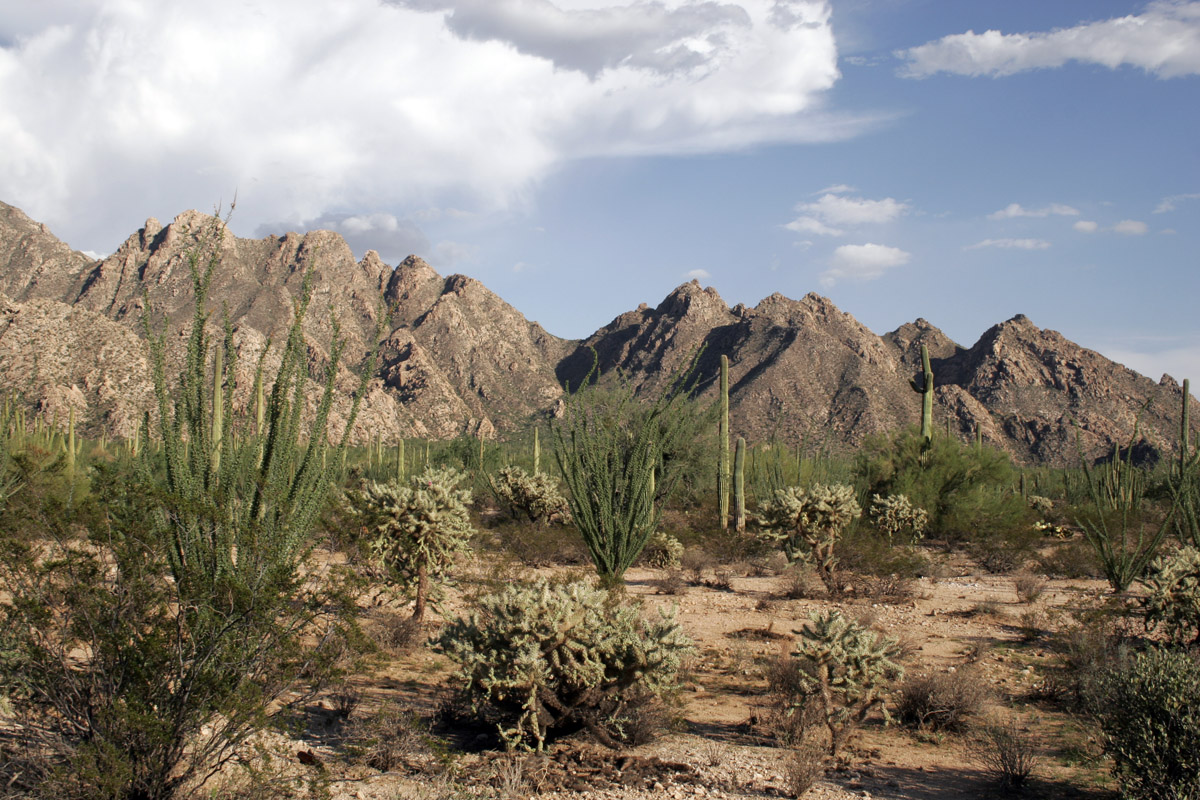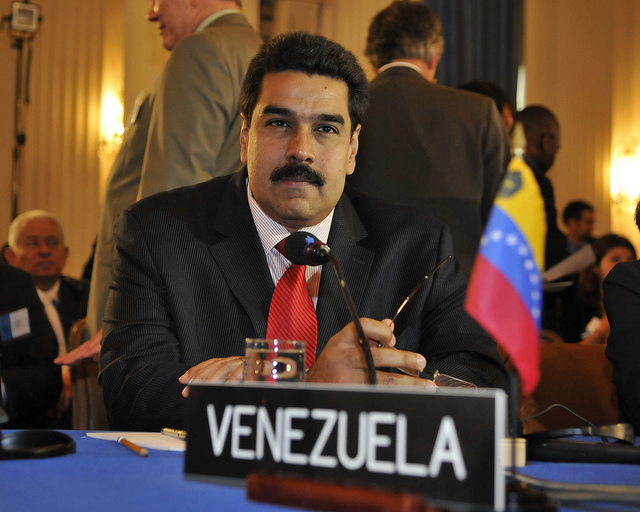
Latin America: Week in Review, Venezuela
Venezuela Keeps In Contact With Carlos The Jackal, Officials Say
September 16, 2011 By Staff
Today in Latin America
Top Story — Venezuelan Foreign Minister Nicolás Maduro said that his government provides permanent support to convicted terrorist Carlos the Jackal, who is serving a life sentence in France for a 1975 assassination of two secret agents and an alleged informer. Carlos the Jackal, whose real name is Ilich Ramírez Sánchez, is a Venezuelan-born terrorist who gained notoriety in the 1970s and 80s for deadly bombings, killings and hostage dramas. In 2009, Venezuelan President Hugo Chávez praised Ramírez as a “revolutionary fighter” and not a terrorist. Maduro said that Ramírez faces “very difficult circumstances in France” and that Venezuela will “continue providing that support from a human standpoint.” The Venezuelan Communist Party wants Ramírez returned to his native country, but Maduro gave no indication about the possibility of Ramírez’s return. “They’re delicate issues that must be dealt with, let’s say, carefully,” he said.
Read More From The Boston Globe.
Just Published at the Latin America News Dispatch
- Pulitzer Prize-winning journalist Jose Antonio Vargas and a group of immigration activists and religious leaders kicked off a campaign promoting the DREAM Act on Thursday. Andrew O’Reilly reports from New York City.
- Ten years after Sept. 11, New Jersey’s Peruvian community remembers Kenneth Lira, an engineer who died in the attack on the World Trade Center towers. Nathan Vickers reports.
- Arturo López Levy looks at what Defense Minister Julio Casas’ death means for the future of Cuba’s armed forces.
Help the Latin America News Dispatch grow by making a $15 donation!
Headlines from the Western Hemisphere
North America
- The number of crime and trafficking victims applying for special visas to stay in the United States has increased, according to U.S. Citizenship and Immigration Services officials.
- A hacker group allegedly took offline a number of Mexican government websites Thursday, including the Defense and Public Security ministries.
- Traffic is flowing smoothly once again through the San Ysidro border crossing between Mexico and the U.S., one day after a scaffolding collapsed.
Caribbean
- A magnitude 6 earthquake hit Cuba, but caused no damage.
- The American Association for the Advancement of Science said in a new report science and education are key to rebuilding Haiti.
- Haitian President Michel Martelly unveiled a new board of former leaders and business executives to help make the country more business friendly.
- The Dominican Republic’s economy is expected to grow by 5.1 percent this year and 5.5 percent in 2012, the country’s economic minister, Temistocles Montas, said in an interview with Reuters.
- A 14-year-old girl stabbed 37 classmates with a hypodermic needle in a playground in the coastal Puerto Rican town of Arroyo, education officials said Thursday.
Central America
- The United States added El Salvador and Belize to a list of countries thought to be major illicit drug producing and/or drug transit nations.
- The bus caravan in Mexico carrying around 600 family members of victims of drug-related violence will not cross the country’s southern border with Guatemala.
- The Panama Canal Authority and the Port Authority of Corpus Christi, Texas signed a memorandum to work with one other to promote trade opportunities.
Andes
- President of Venezuela Hugo Chávez said that Iranian President Mahmoud Amhadinejad will visit Caracas after he goes to New York City for the U.N. General Assembly.
- A survey by the United Nations Office on Drugs and Crime (UNDOC) says that the production of Bolivian coca has remained stable for the last year.
- Researchers discovered a 20 foot-long ancient crocodile in the Cerrejón coal mine in Colombia.
Southern Cone
- Relations between Paraguay and Argentina are deteriorating as Argentina continues to block Paraguayan exports of surplus energy to Uruguay.
- Argentine authorities raided the homes of members of the Mothers of the Plaza de Mayo in an ongoing investigation of the human rights group’s former financial manager, Sergio Schoklender, who is accused of embezzlement.
- Former Portuguese colonies Brazil and Angola are buying up Portuguese state-owned companies now that the European country’s financial crisis has forced it to sell off state assets.
Image: OEA – OAS @ Flickr.
Subscribe to Today in Latin America by Email
< Previous Article
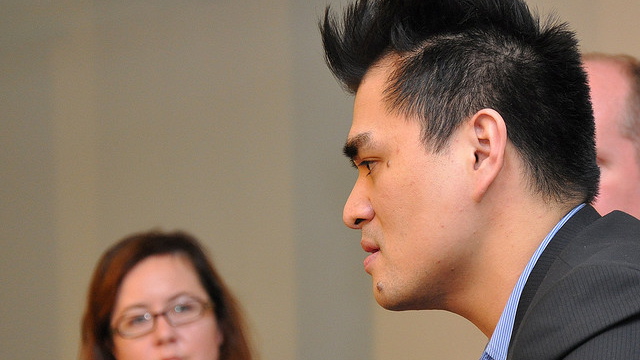
September 16, 2011 > Andrew OReilly
Jose Antonio Vargas & Immigration Activists Launch DREAM Act Initiative
Next Article >

